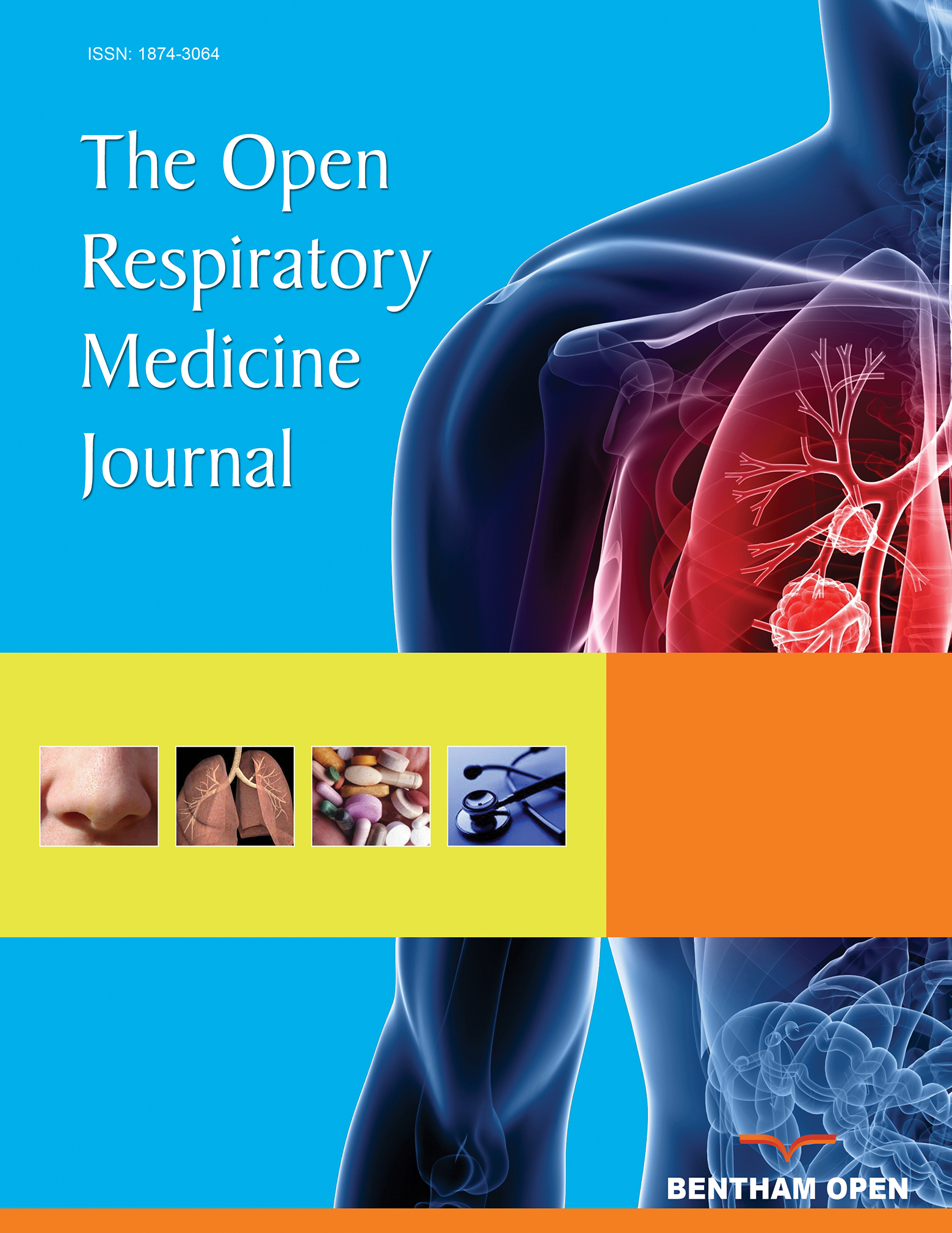All published articles of this journal are available on ScienceDirect.
Effect of Ivacaftor on Objective and Subjective Measures of Cough in Patients with Cystic Fibrosis
Abstract
Background and Objectives:
Cough is a major symptom in cystic fibrosis. Ivacaftor is a novel drug which targets the G551D mutation and has been demonstrated to improve lung function and weight in the long term. It also improves symptoms of extra-oesophageal reflux. We wanted to evaluate the effect of ivacaftor on cough in cystic fibrosis.
Methods:
In two patients with cystic fibrosis the Hull Airway Reflux Questionnaire (HARQ) was completed and objective cough counts were measured prior to and within 4 weeks after initiation of treatment with ivacaftor. Spirometry was also undertaken and weight checked at these time frames.
Results:
In the first patient the HARQ score decreased from 29 to 11 and objective cough counts from 29 to 9 cough events per hour. Similarly in the second patient the HARQ score decreased from 13 to 9 and objective cough count from 76 to 5 cough events per hour. There was no significant change in spirometric parameters or weight.
Conclusion:
We have observed early subjective and objective improvement in cough measures on treatment with ivacaftor. We suggest that this improvement could be attributed to improvement of gastro-intestinal function and that cough metrics could be used as early and accurate end points of drug efficacy.


